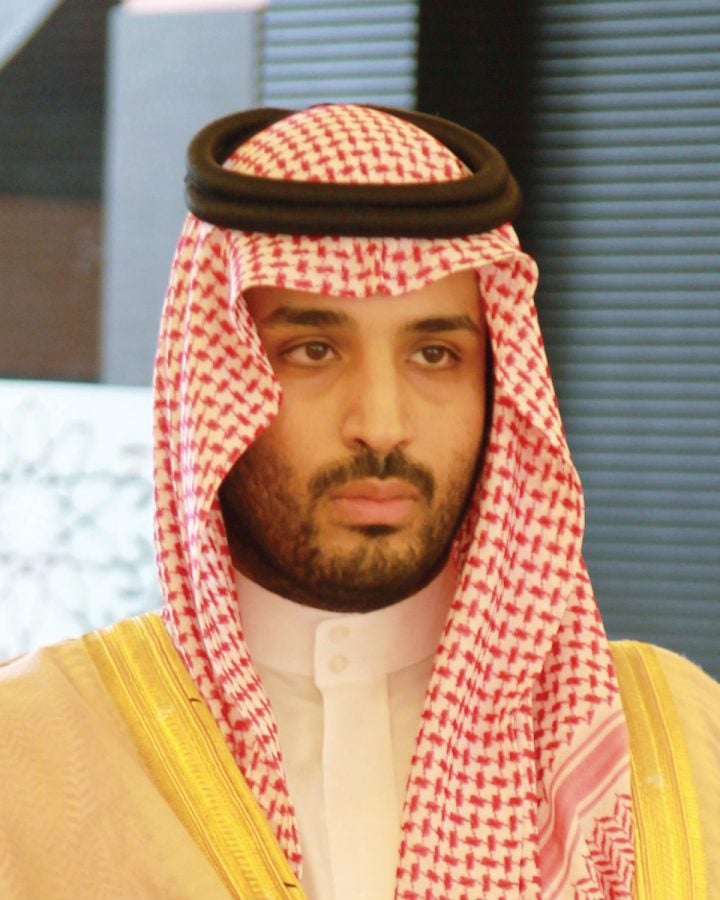Saudi columnist exiled by Crown Prince
Mohammad bin Salman has been accused of silencing opposing political stances./photo courtesy of Mazen AlDarrab/ WikiCommons
Last month, journalist and Saudi Arabian exile Reem Suleiman was jailed and tortured by Saudi officials after being told to stop writing by Saud al-Qahtani, the right-hand man to Saudi Arabia’s crown prince, Mohammad Bin Salman Al Saud, as reported by Al Jazeera Arabia.
This came shortly after columnist Jamal Khashoggi was killed in the Saudi consulate in Istanbul. Qahtani was sanctioned by the US State Department regarding Khashoggi’s murder.
“The main initiator of the wave of abuses exercised against activists and opponents inside the kingdom is still in power,” Suleiman said in an interview with Middle East Eye, while living in Netherlands after fleeing Saudi Arabia.
A columnist for several Saudi government-controlled news outlets, such as Mecca, al-Wiam and Anha, Suleiman saw her house raided by Saudi authorities and was arrested. The journalist claimed to have undergone psychological abuse and torture while detained.
“My character has become stronger than ever before, and [now] I can fight injustice in front of a totalitarian regime, which does not hesitate to abuse,” said Suleiman to Global Citizen.
Prince Mohammad’s reign has been littered by numerous attempts to silence political opposition, including several women’s rights activists. The crown prince, also known colloquially as MBS, was established as Crown Prince on June 21, 2017. On the day he was declared, U.S. President Donald Trump called MBS to congratulate him on his appointment.
According to Al Jazeera, Amnesty International and Human Rights Watch recently declared that Saudi Arabia allow independent monitors to meet detainees, which includes other women’s rights activists who were allegedly tortured and prominent figures held in an anti-corruption campaign.
“Women’s rights are important and there needs to be a focus internationally to protect women’s rights across the world,” said junior Carmen Curtis. “It shouldn’t just come from those in the Middle East either. People from countries across the world, even smaller ones, should look to support women around the globe.”
Suleiman also claims that the gag order came as a result of her writing from her own consciousness and “not what the adviser Saud al-Qahtani wants.”
She cites that Qahtani’s desire to silence her had less to do with controversial writing and more about her independent thought process.
She told Al Jazeera that she had permanent damage on her left hand because of what she endured while confined by Saudi officials.
New Jersey Senator Robert Menendez (D.) has publically called for new legislation to impose stronger responses from the United States to the Khashoggi killing and other activist detainments.
According to Global Citizen, over a dozen women rights activists have been detained by Saudi authorities.
Although her case is breaking international news, Suleiman was not nearly as widely known as Khashoggi and she was far from being a royal court insider. Despite that, Qahtani attempted to silence her.
Suleiman’s experience has driven her to push for stronger and stabilized women rights in the nation of Saudi Arabia and the world.
“I think the power [in Saudi Arabia] should be dismantled,” said senior Katy Holt. “This is my ethnocentric thinking as someone in America, but I think the control of media there is unjust.”









